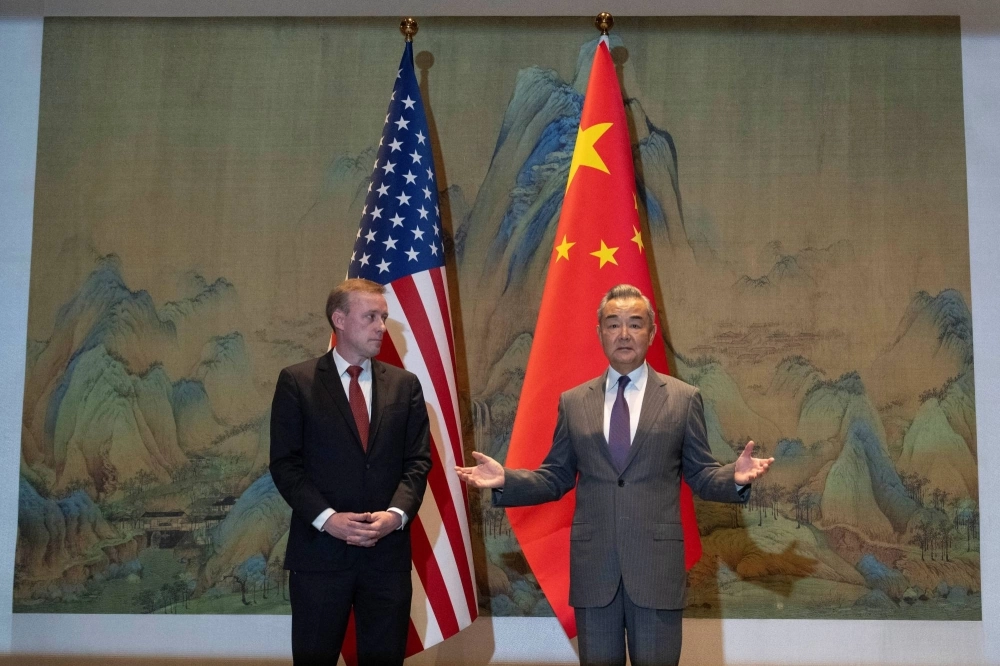With promises of calls between the countries’ presidents and senior military commanders, U.S. national security adviser Jake Sullivan wrapped up a three-day visit to China on Thursday meant to show that Washington and Beijing can “responsibly manage” their intensifying geopolitical competition and prevent it from veering into conflict.
Yet strong rhetoric from Beijing on Taiwan as well as on a range of bilateral economic and security spats suggest that the rival superpowers continue to disagree on the most contentious issues, only months before the November U.S. presidential election pitting Vice President Kamala Harris against former President Donald Trump.
Many insiders speculated that such talks could help lay the groundwork for a possible final meeting between current U.S. President Joe Biden and Chinese leader Xi Jinping in a follow-up to their San Francisco summit last November.


















With your current subscription plan you can comment on stories. However, before writing your first comment, please create a display name in the Profile section of your subscriber account page.